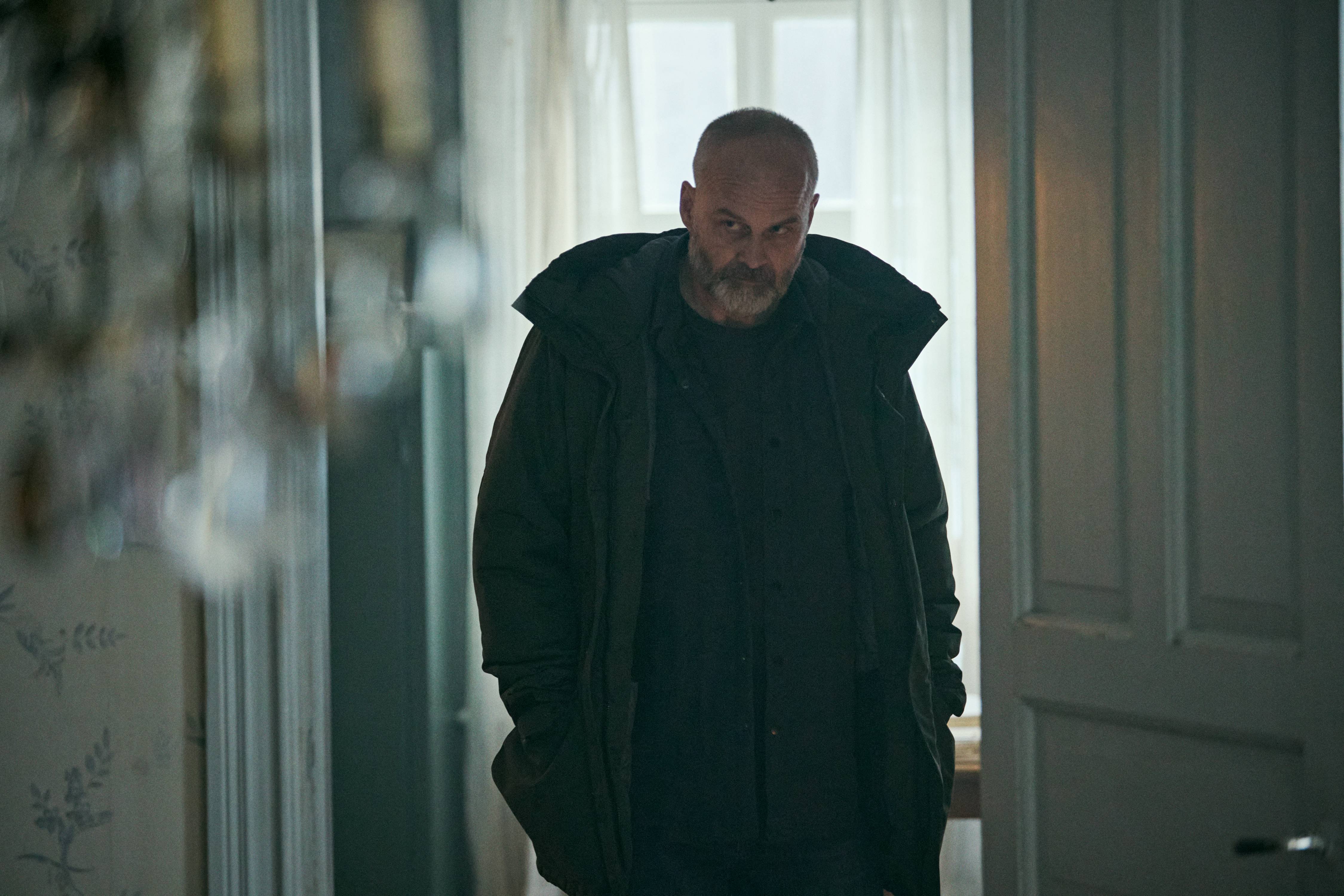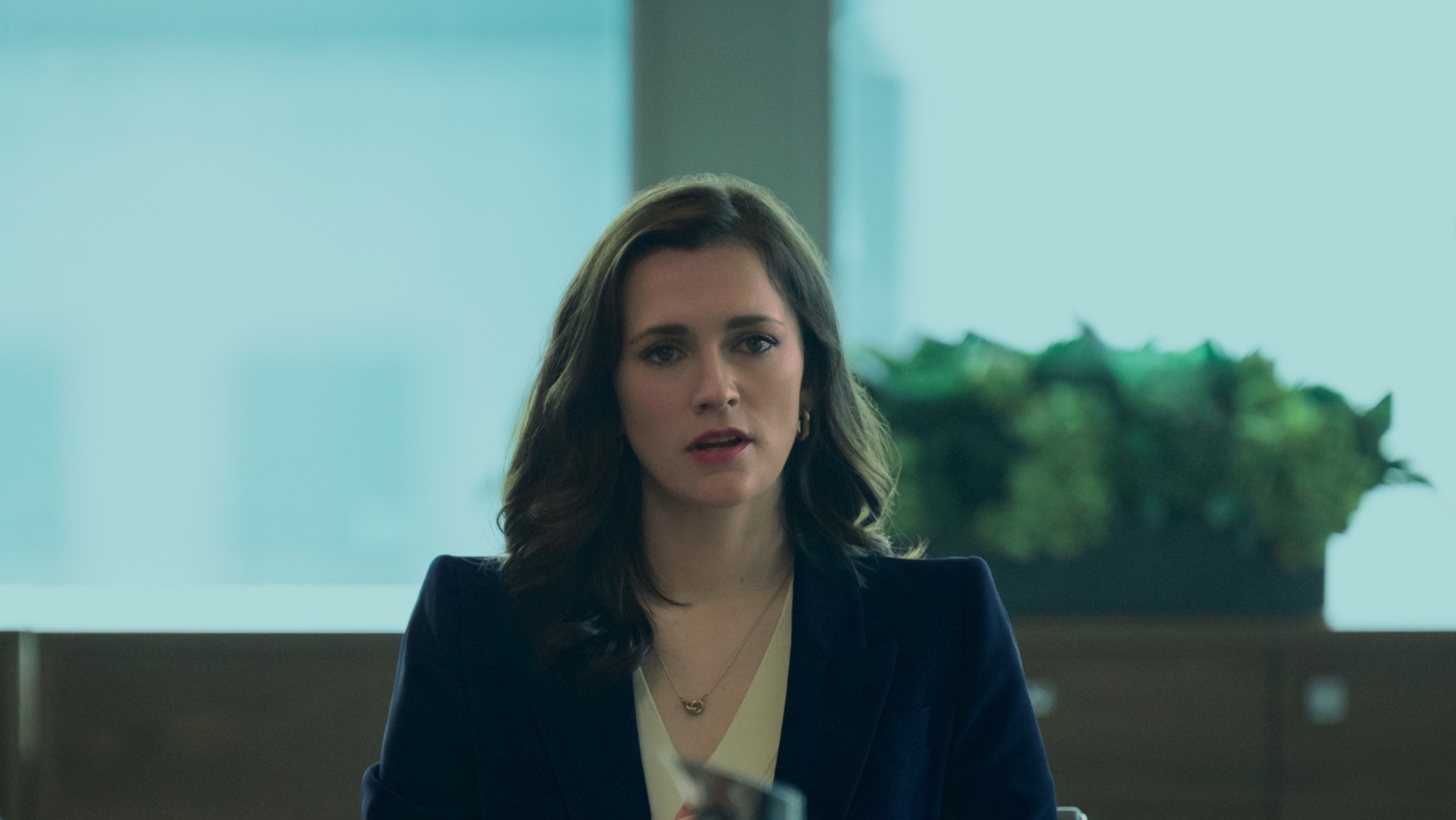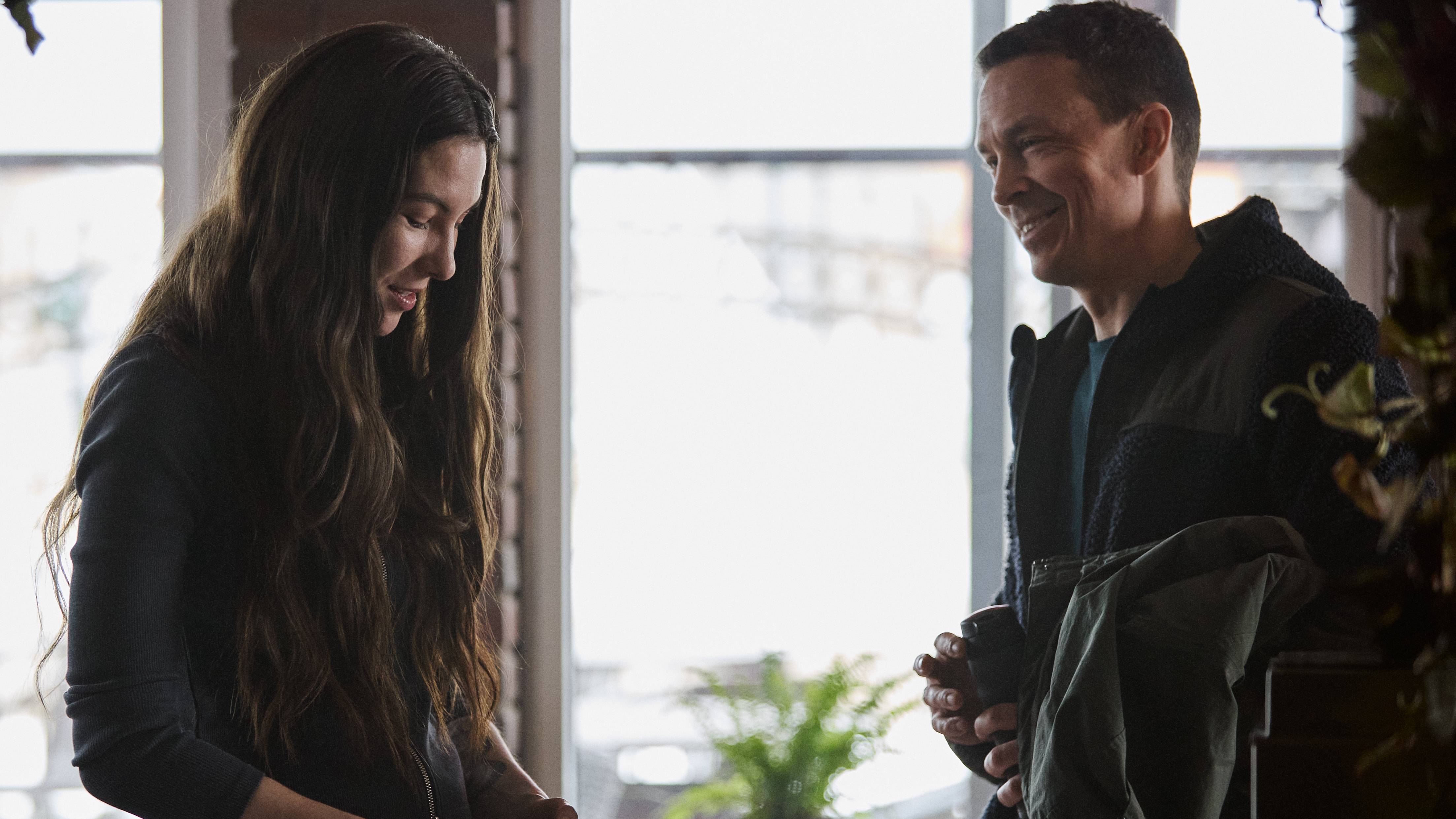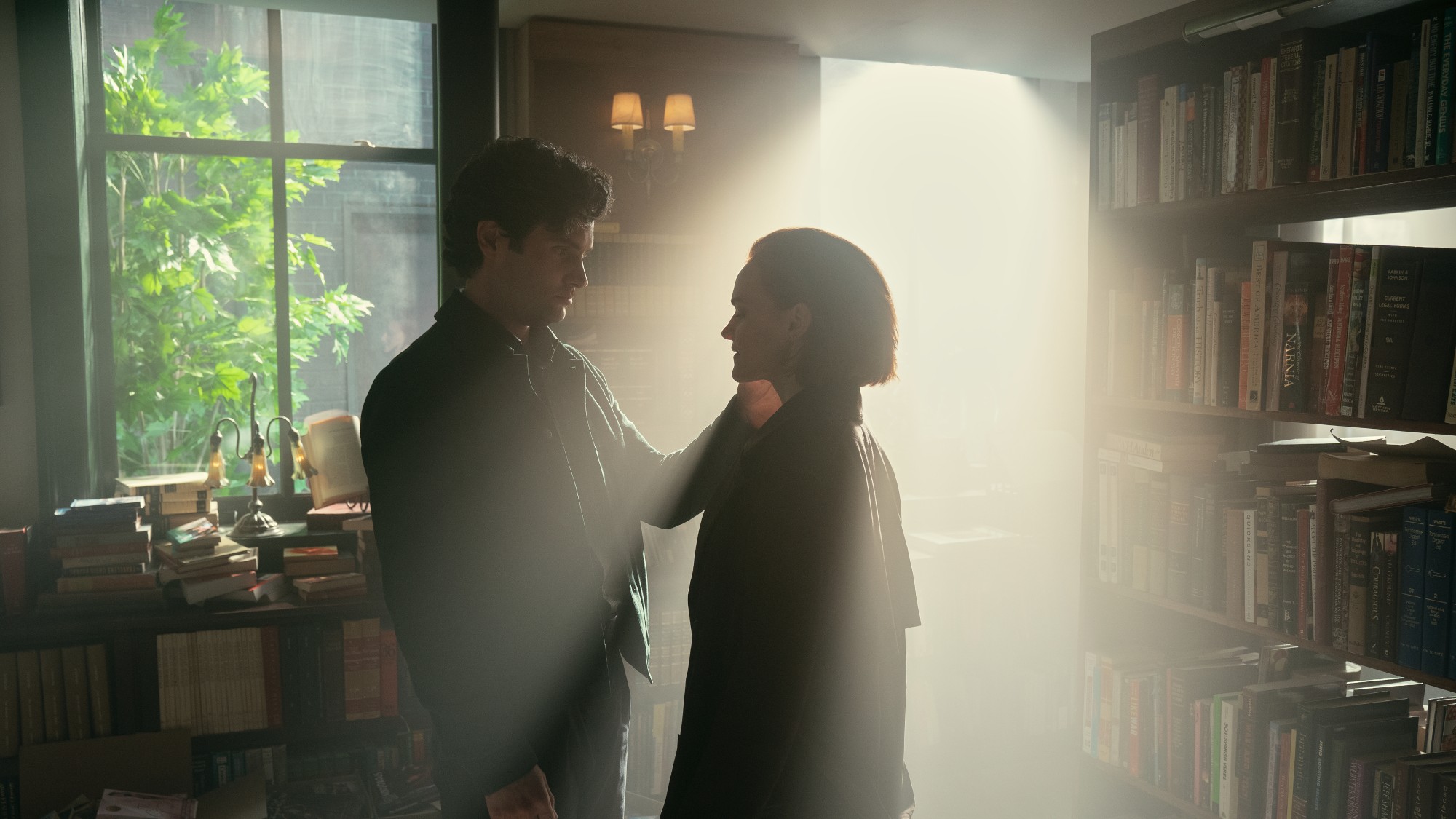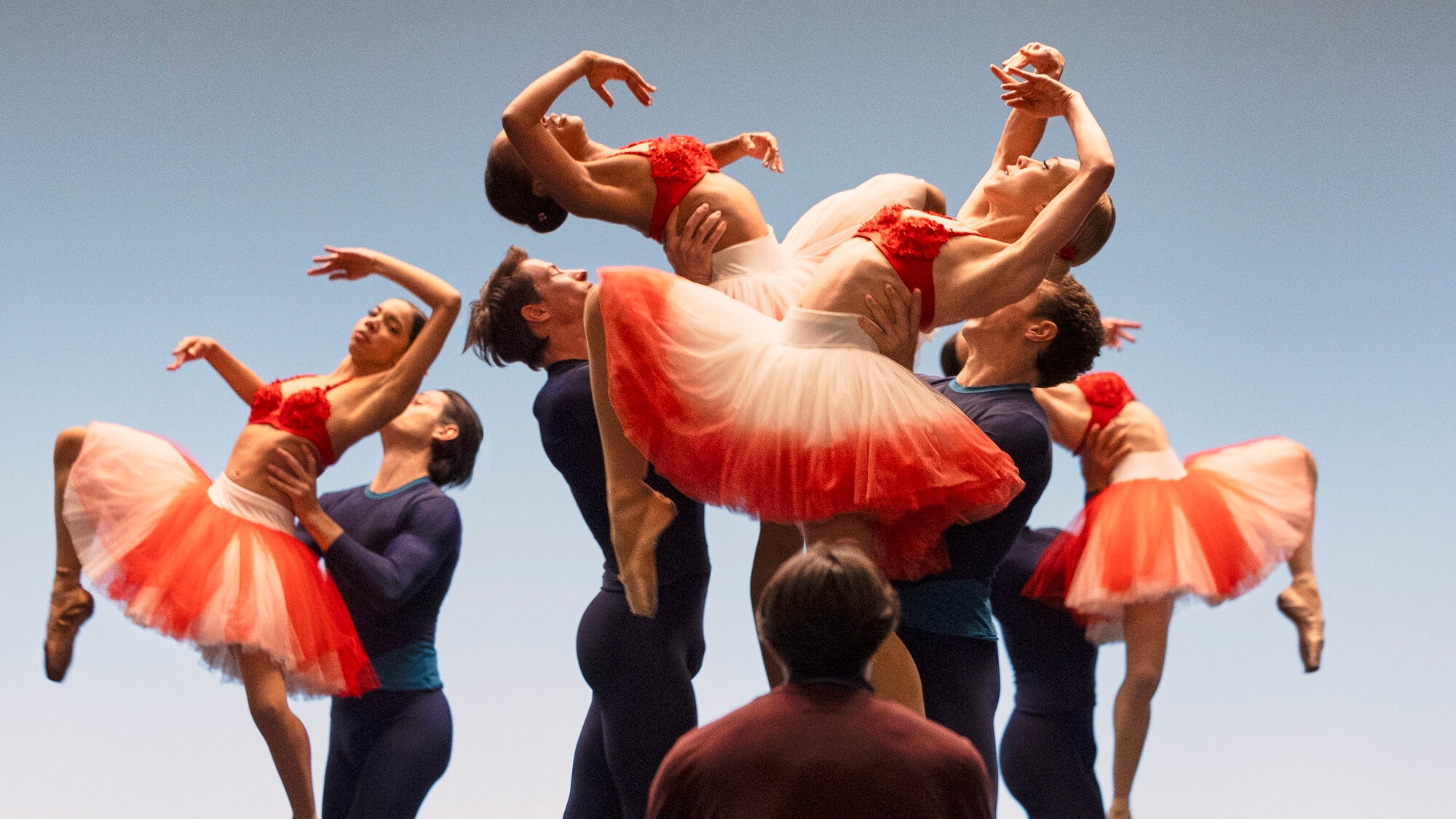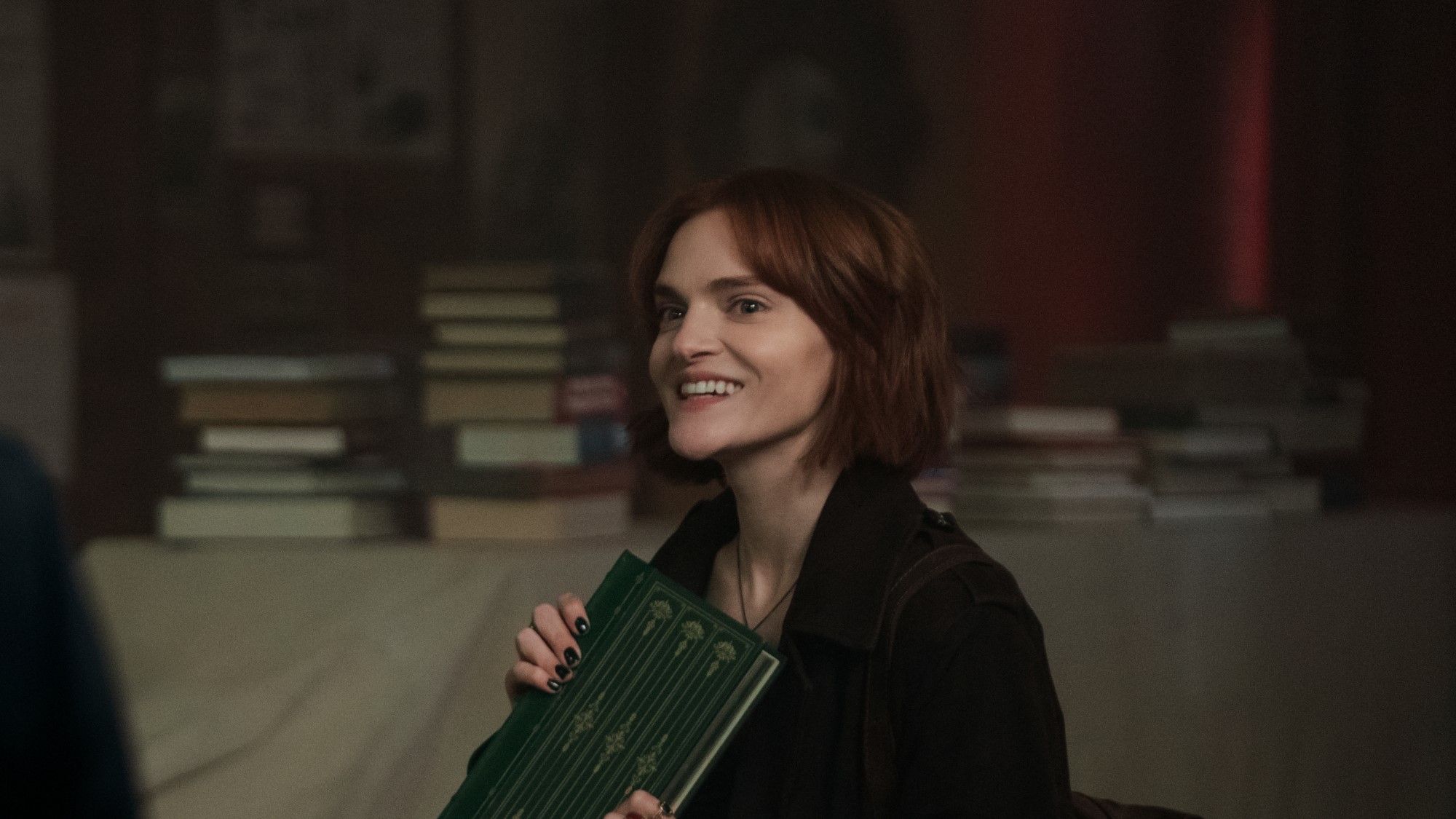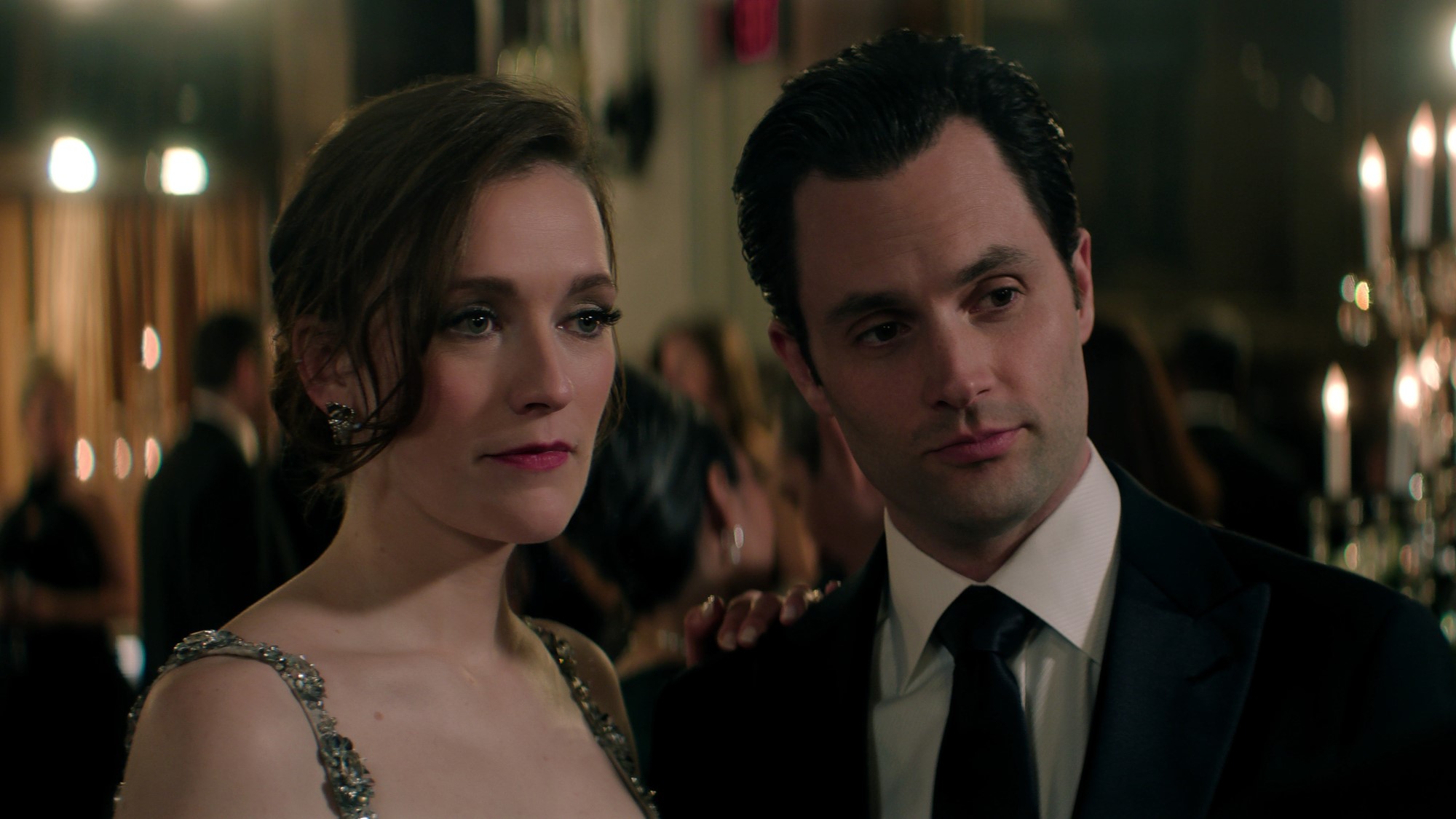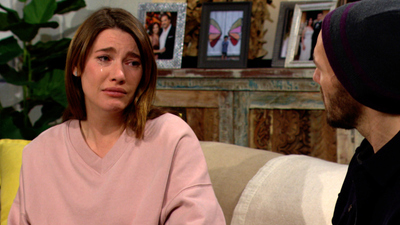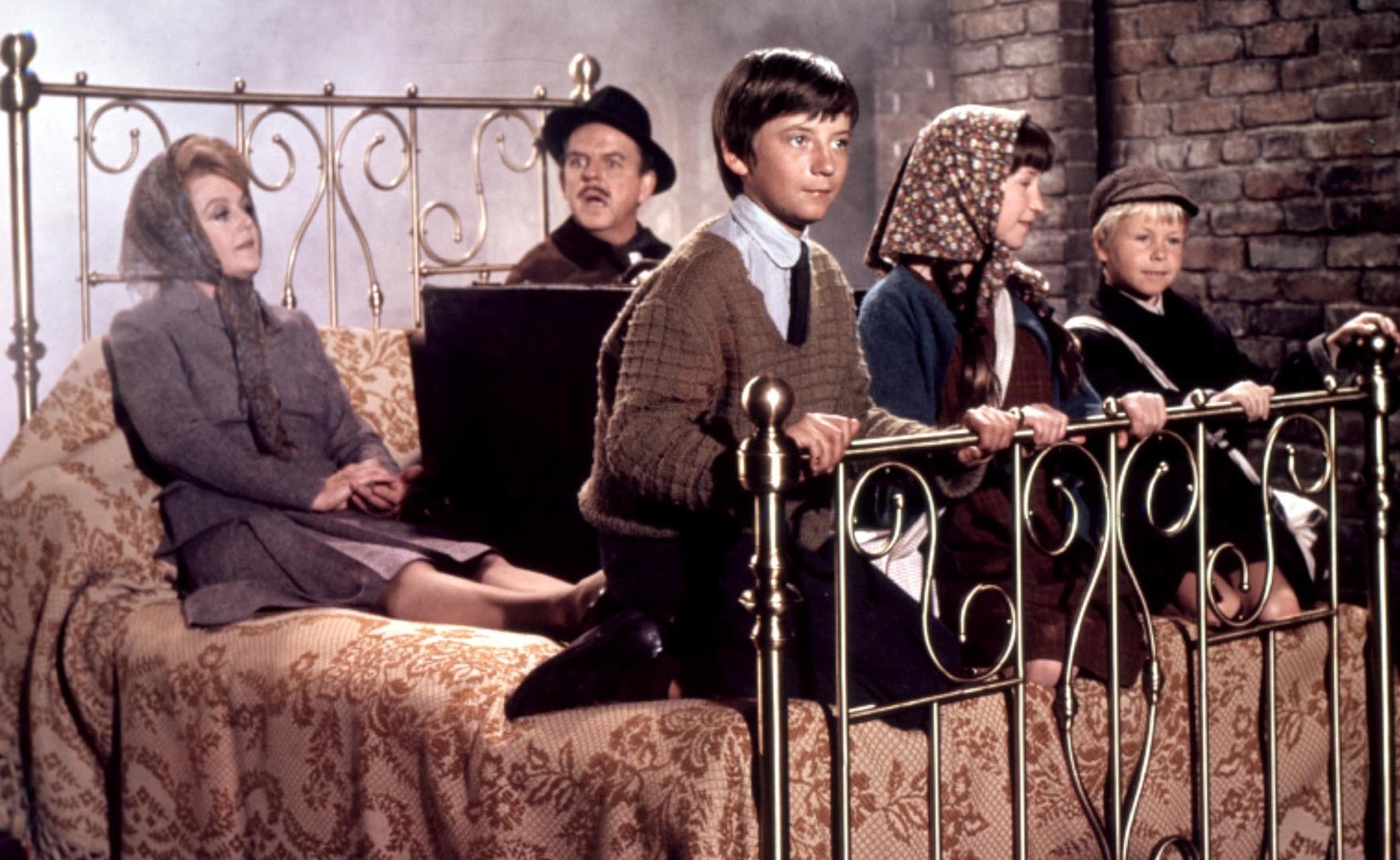Lindsay Lohan, her past, and her unexpected comeback
Lindsay Lohan is returning to acting with a Netflix rom-com, but will it allow her to have her own career renaissance?
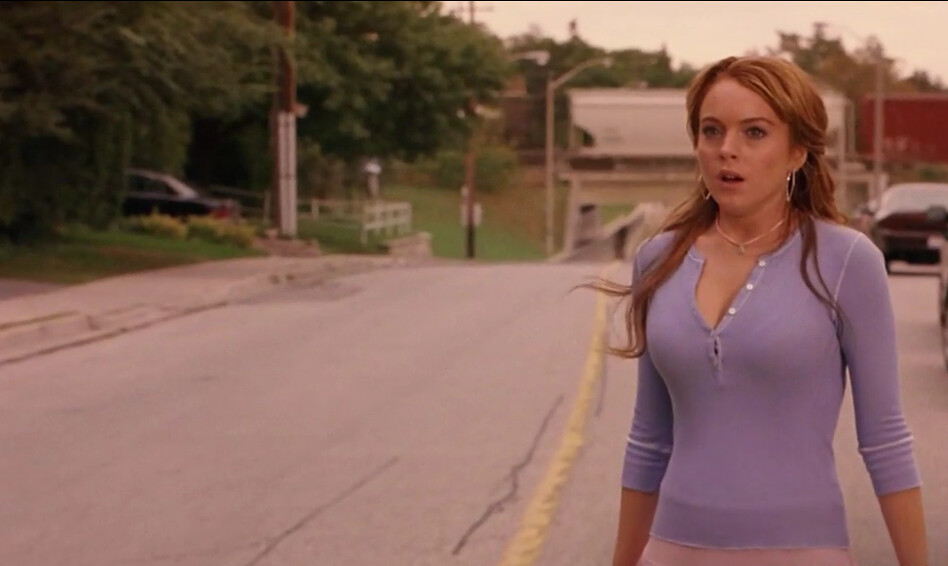
This week, it was revealed that Netflix had greenlit yet another romantic comedy. The film, which is currently untitled, will focus on a "newly engaged, spoiled hotel heiress" who get amnesia after a skiing accident. In the days leading up to Christmas, she finds herself being cared for by the gorgeous owner of the ski lodge and his adorable moppet daughter. The logline sounds like Overboard on Ice, and the announcement probably wouldn't have garnered much attention from the press had it not included one small detail. The leading role of the amnesiac heiress will be played by none other than Lindsay Lohan.
It's been a while since we've seen Lohan on the big screen. Her last listed acting credit is for a schlocky paranormal horror named Among the Shadows that went straight to DVD. While she's popped up here and there over the years, Lohan has mostly been seen in reality TV shows, one-off sitcom appearances, or judging the Australian version of The Masked Singer. The chances are that you, the casual viewer, haven't seen her in a movie for quite some time. Indeed, it could be argued that Lohan isn't primarily known these days as an actress but rather a celebrity with a "trainwreck" reputation. For many, the story of Lindsay Lohan is a cautionary tale of the evils of Hollywood and inevitable troubles that will befall the child star who dares to grow up.
You can’t fully understand the Lohan story without looking at why her so-called downfall was such a big deal in the first place. As a child, Lohan's rise to the top seemed like the ultimate Hollywood fairytale. She played both twin roles in the 1998 remake of Disney's The Parent Trap when she was barely 11 years old. Her performance(s) immediately garnered her critical acclaim and defined her as one of the top young talents of the late '90s. She successfully made the leap to teen roles with Freaky Friday, another Disney remake, wherein she played an adolescent rebel who swaps bodies with her stern therapist mother. Once again, critics loved her, and the roles kept coming. Mean Girls further cemented her status as the teen star of the early 2000s. She made a film with the legendary Robert Altman and jumped successfully from rom coms to dramas. On top of that, she launched a signing career and modelled for labels like Miu Miu. Critics predicted she would make the leap to complex adult performances in the vein of Jodie Foster. She had the talent, she was beautiful, she could sing, and directors loved her. And then it all began to crumble.
Lohan's personal troubles are so numerous that they have their own Wikipedia page. We could be here all day listing her various stumbles, from her perennial lateness on sets to her fame-seeking parents to her baffling political tweets. She's had numerous legal troubles, started attending Alcoholics Anonymous meetings at the age of 21, and entered rehab on more than one occasion. She defended Harvey Weinstein. She accused a woman of child trafficking and maybe tried to kidnap a child herself. Every single moment of her life was documented by the press, and that has characterized her image far more than her acting roles.
During the mid-to-late 2000s, Lohan was one of a handful of celebrity women whose partying and “bad girl” behavior became simultaneously a topic of scorn and fascination with the media and public. Like her frequent nightclub partners Paris Hilton, Nicole Ritchie, and Britney Spears, Lohan was positioned as the publicly acceptable punching bag for a generation taught to both fetishize and deride young women. Their weight losses and gains were tabloid fodder that became memes (this detail feels especially insidious when you remember that Lohan suffered from bulimia during this period.) As Lohan's star continued to fall, it seemed as though the media became more feverish than ever to devour her and define her as a "trainwreck." The same fate befell Spears, something that's taken until this year for the press to fully acknowledge as a cruel mistake that further exacerbated a troubled woman's public suffering.
None of this is to say that Lohan isn’t responsible for her actions, which include some seriously unsavory behavior, including accusations of violence. Rather, it's another potent yet painful reminder of how familiar this cycle is. What befell Lindsay Lohan doesn't feel all that different to the child star "downfalls" of the likes of Judy Garland, Dana Plato, or Amanda Bynes. Hollywood’s history is polluted by near identical narratives of children molded into bankable commodities then abandoned with little to no guidance on how to live a normal life as an adult. Young girls are redefined as sex pots once they're of consenting age by the media. Consider the "countdown to 18" websites dedicated to the likes of Emma Watson and the Olsen twins, and how Lohan herself was besieged by this mixed messaging.
From the beginning, it seems as though this was a system designed to fail these kids, and it was no different for Lohan. Her parents were exploitative and attention-hogging. She confessed that a lack of guidance as a teenager in the industry made it all too easy for her to fall into drug and alcohol abuse. When she dated a woman, DJ Samantha Ronson, at a time when being in a gay relationship was deemed a career killer, the press mocked her. Once Lohan stopped being profitable for the industry, they had no problem in letting her sink, just as they felt no shame in repeating this dastardly pattern for decades prior.
Get the What to Watch Newsletter
The latest updates, reviews and unmissable series to watch and more!
It may be impossible for some to separate Lohan the actress from Lohan the tabloid hurricane. The role she’s playing seems designed to play on many of those audiences, preconceptions of Lohan, and it may be appealing for some to see her be “taken down a peg” in that narrative. Doing a festive Netflix rom-com in the vein of a Lifetime movie is definitely not what many had hoped for Lohan when she was in Mean Girls and A Prairie Home Companion, but it’s a solid start for her to slowly make her way back in front of the camera. The stakes are low, she’ll have room to ham it up, and she already has experience in this genre.
It remains to be seen if Lohan is enthusiastic about returning and committing to acting in a serious manner, or if this Netflix movie is simply another job. Despite it all, I find myself rooting for her, much in the same way I root for the women who were denigrated by the media once they'd lost their star power. Lindsay Lohan is part of that vicious circle. Maybe it’s time someone gives her an opportunity to get out of it?
Kayleigh is a pop culture writer and critic based in Dundee, Scotland. Her work can be found on Pajiba, IGN, Uproxx, RogerEbert.com, SlashFilm, and WhatToWatch, among other places. She's also the creator of the newsletter The Gossip Reading Club.

